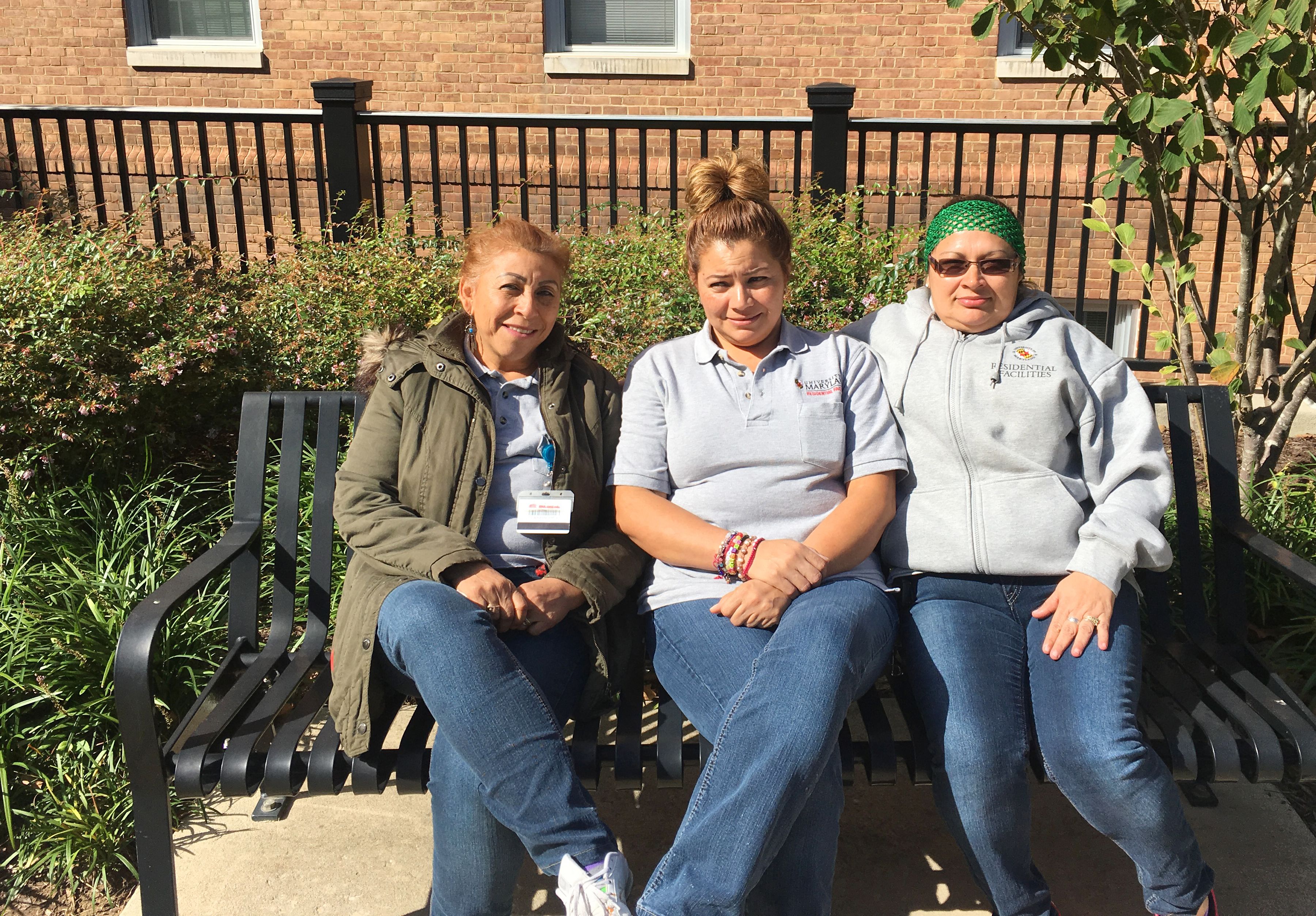Views expressed in opinion columns are the author’s own.
Three housekeepers in Elkton and Easton halls say they’ve been repeatedly admonished by management for speaking Spanish at work. Across campus, a number of other members of the housekeeping staff have attested to similar experiences. The housekeepers were told by their managers they should not speak in Spanish on their lunch break or during work hours.
This is absurd and nothing short of racism. We have a double standard in this country that holds some to standards we do not apply when Americans move to other nations. As someone who has lived in — and traveled to — many different countries, it is extremely common to find expatriate American communities. There is often no expectation for Americans to eliminate English from their life and become fluent in the language of the host country.
Yes, it would be personally useful to learn the language. But there is not the same kind of shame about speaking English abroad as there is with speaking foreign languages in America. This shame is born out of racism. It comes from the idea that other languages, and therefore other cultures and people, are inferior to white Americans.
Additionally, many Americans go abroad for jobs that will allow them to continue speaking English. They often move to other countries for jobs with the government, NGO’s or international organizations, most of which operate in English. Most Americans do not go abroad to seek asylum or to escape poverty. Instead, they have the privilege of getting a job where they can continue to speak and work in their native language. Not everyone has those privileges.
We consider it to be great and honorable when Americans go abroad, forming communities where they can retain their culture and language in other countries. So why do we get so upset when immigrants do the same here? A manager of housekeeping indicated that some of the English-speaking staff felt “offended, upset. And not welcome,” when the other housekeepers spoke in Spanish. How ironic that those who don’t speak Spanish feel unwelcome when we consistently make Spanish-speaking immigrants, documented or not, feel unwelcome in this country.
As a school that touts its global mindedness — with majors, minors and living-learning programs devoted to celebrating other cultures and languages — this behavior indicates that we don’t practice what we preach. Speaking Spanish does not prevent housekeeping staff from doing their jobs, nor does it harm students in any way. In fact, allowing housekeepers to speak in whatever language they want would teach students they do not have the right to prioritize valuing their own culture over the culture of others. We cannot promote racist or discriminatory behavior on this campus.
I only have to spend a few minutes online to find a new video of a white person telling an immigrant to “go back to their country,” or that they don’t belong in America. This university cannot perpetuate that culture. The housekeeping staff are some of the most overlooked members of this campus. Their existence is taken for granted, despite the labor they perform every single day to keep our dorms, dining halls, and buildings useable. The absolute least we can do is let them speak in the language they prefer. Perhaps it feels like the urge to tell them they need to learn English is coming from a good place, but in reality, it’s just another form of racism.
Liyanga de Silva is a junior English and women’s studies major. She can be reached at liyanga.a.ds@gmail.com.



